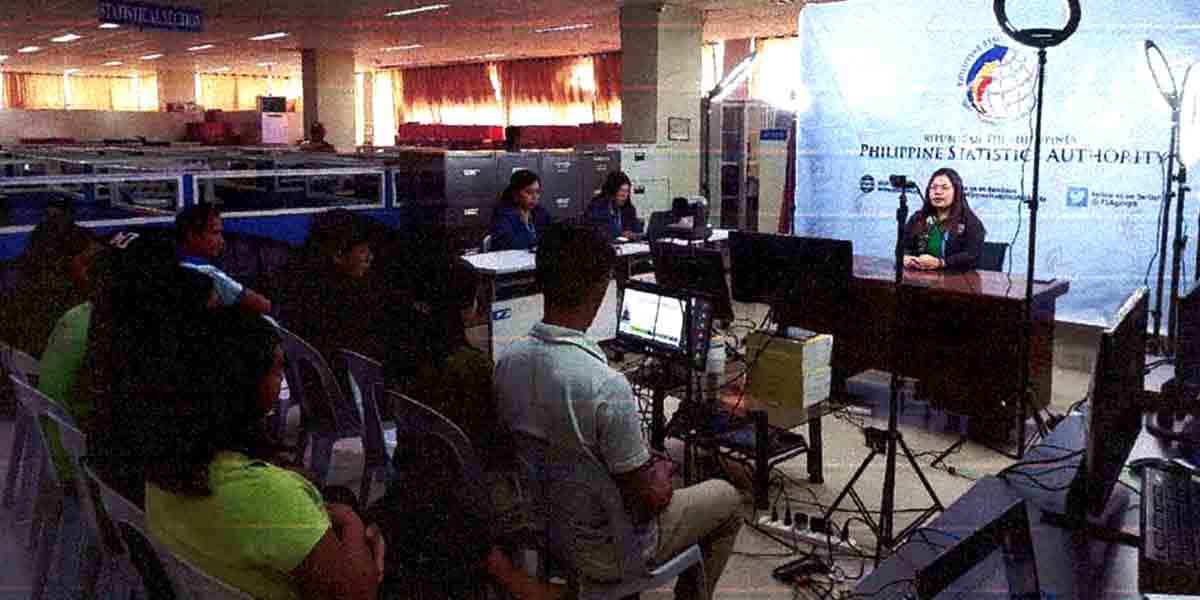By Joshua Corcuera
World Environment Day will be observed and celebrated this coming June 5, while World Food Safety Day will be recognized this coming June 7—timely events for pressing global issues that resonate as well here in our own country.
It cannot be denied that our environment has been deteriorating significantly for the past few decades. That is why in the West, particularly in Europe, climate activists are widespread and gaining considerable influence as they demand action for governments and corporations to do something in mitigating climate change. Heat waves have been devastating lives and livelihoods in normally cool Europe with the risk of causing deaths due to heat stroke and other related illnesses due to unusually hot temperatures.
But we do not need to go further, we can witness the consequences of climate change to our own country. Although the Philippines is a tropical country that is normally warm, climate change affects our country through more frequent, strong typhoons. A normal typhoon can claim hundreds—if not thousands of lives, cause billions of pesos in damages to agriculture and infrastructure, and destroy homes. With this in mind, how much more destructive can strong typhoons get? In urban areas like in the capital city of Manila, flooding causes a huge inconvenience to students, employees, and residents alike. And not to forget the huge piles of trash accumulated after heavy rainfall brought by typhoons or even the southwest monsoon.
Aside from typhoons, though, droughts are also getting common during certain times of a year. As a consequence, food security is at risk as farmers have to deal with crop damage and shortage of water for irrigation. Similarly, dry conditions can negatively impact farmer’s income due to damaged crops, while consumers have to deal with higher food prices as a result of lower food supply.
Hence, it is imperative to be aware of the environmental problems that we face at present. If we ignore these issues, then it is likely that things will merely get worse in the years to come. Ultimately, future generations would suffer partly because of our negligence and apathy to the issues that matter today. Thus, it is essential to be responsible, to be mindful of the future, of the things that we do today, and be concerned for those affected by environmental issues.
Moving on, World Food Safety Day will be observed on June 7. Globally, poverty is a huge problem that remains unsolved and is likely to stay for several years and maybe even decades. Here in the Philippines alone, millions live below the poverty line which was also exacerbated because of the pandemic especially back in 2020. Due to desperation, certain people eat unsafe food to merely satisfy their hunger. In a viral Facebook video by a foreign content creator, he showed the things poor people have to eat—from pagpag in the Philippines to mud cookies in Haiti, from uncooked meat in Venezuela to white clay mixed with tamarind in Madagascar—access to sufficient and safe food is a problem that must be given more attention by authorities and organizations.




















